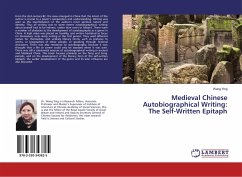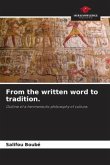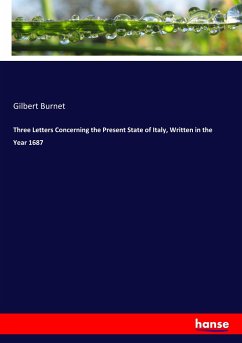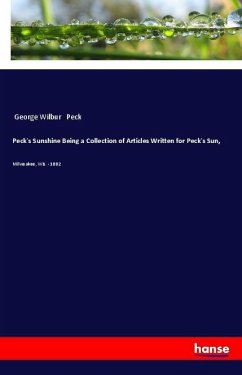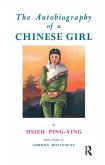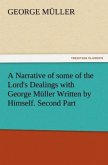From the 2nd century BC, the view emerged in China that the intent of the author is crucial to a poem's composition and understanding. Writing was seen as the manifestation of the author's inner spiritual nature and identity. Thus all writing was to some extent autobiographical; writing about oneself had to be indirect, rather than overt or blatant. There were a number of obstacles to the development of autobiography as a genre in China. A high value was placed on humility, and writers hesitated to focus on themselves, only rarely writing in the first person. They used different names for themselves, and unlikely literary forms, such as prefaces to works, or biographies of other people, or speaking through fictional characters. There was also resistance to autobiography, because it was thought that a life or career could only be assessed when it was over. There was still a substantial amount of autobiographical writing in ancient and Medieval China. This book focuses primarily onthe Tang and Song periods, and on the development of the literary form of the self-written epitaph; the earlier development of the genre and its later influence are also discussed.
Bitte wählen Sie Ihr Anliegen aus.
Rechnungen
Retourenschein anfordern
Bestellstatus
Storno

